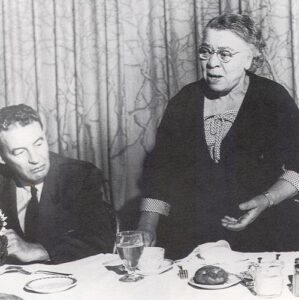
Progressive Party candidates Vincent Hallinan (for president) and Charlotta Bass (for vice president) in 1952. They won 0.2% of the national popular vote.
On March 30, 1952, Charlotta Spears Bass accepted the nomination of the Progressive Party to run as its vice-presidential candidate. This nomination made her the first African American woman to be a candidate for vice president, 68 years before Kamala Harris.
For nearly thirty years prior, Bass was the owner and operator for the largest Black paper on the west coast, The California Eagle. As a Black woman working in news media (as she called it, a “watchtower”) Bass was deeply informed of the injustices that Black Americans were facing throughout the United States. When her husband died in 1931, she became increasingly active in civil rights and social justice. While still operating the paper, she ran for office at the local level and marched in picket lines for various causes. She was a member of the NAACP, the Urban League, and the Civil Rights Congress. She also founded a pro-labor organization to support Black women laborers called the National Sojourner for Truth and Justice Club. She co-founded the Progressive Party in 1948 and ran for Congress. In 1951, Bass retired from the Eagle to focus on party politics.
Read her full acceptance speech at the 1952 Progressive Party convention in Chicago, excerpted here:
For 40 years I have been a working editor and publisher of the oldest Negro newspaper in the west. During those 40 years I stood on a watchtower, watching the tide of racial hatred and bigotry rising against my people and against all people who believe the Constitution is something more than a piece of yellowed paper to be shut off in a glass case in the archives, but living document, a working instrument for freedom.
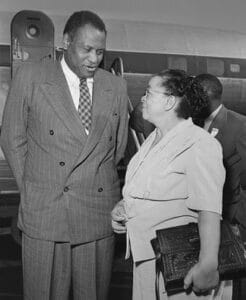
Paul Robeson and Charlotta Bass in 1949. Both were spied on by the U.S. government and accused of being communists during the McCarthy Era.
. . . I have stood watch over a home to protect a Negro family against the outrages of the Ku Klux Klan. And I have fought the brazen attempts to drive Negroes from their homes under restrictive covenants. . . I have stormed city councils and state legislatures and the halls of Congress demanding real representation for my people.
I have fought not only for my people. I have fought and will continue to fight unceasingly for the rights and privileges of all people who are oppressed and who are denied their just share of the world’s goods their labor produces. I have walked and will continue to walk in picket lines for the right of all men and women, of all races, to organize for their own protection and advancement. I will continue to cry out against police brutality against any people, as I did in the infamous zoot suit riots in Los Angeles in 1944, when I went into dark alleys and reached scared and badly beaten Negro and Mexican American boys, some of them children, from the clubs and knives of city police. Nor have I hesitated in the face of that most un-American Un-American Activities Committee — and I am willing to face it again. And so help me God, I shall continue to tell the truth as I know it and believe it as a progressive citizen and a good American.
Her nomination was supported by other Progressive Party members including W. E. B. Du Bois. In his draft of the party’s platform later in the summer of 1952, he wrote of her, “vote for… Charlotte Bass who represents Black America and American womanhood. As if one crown of thorns were not enough she dares wear two!”
Learn more about Bass in the LAist‘s “The Fabulous Life of Charlotta Bass” and in PBS’s Soldiers Without Swords resource about the history of the Black press.
PBS also offers a short film about Bass’ life, featuring historian Susan D. Anderson, history curator at the California African American Museum, and Nikole Hannah-Jones, Pulitzer Prize-winning reporter.
Bass is included in the lesson, Subversives: Stories from the Red Scare. Learn more about Bass in the resources below.




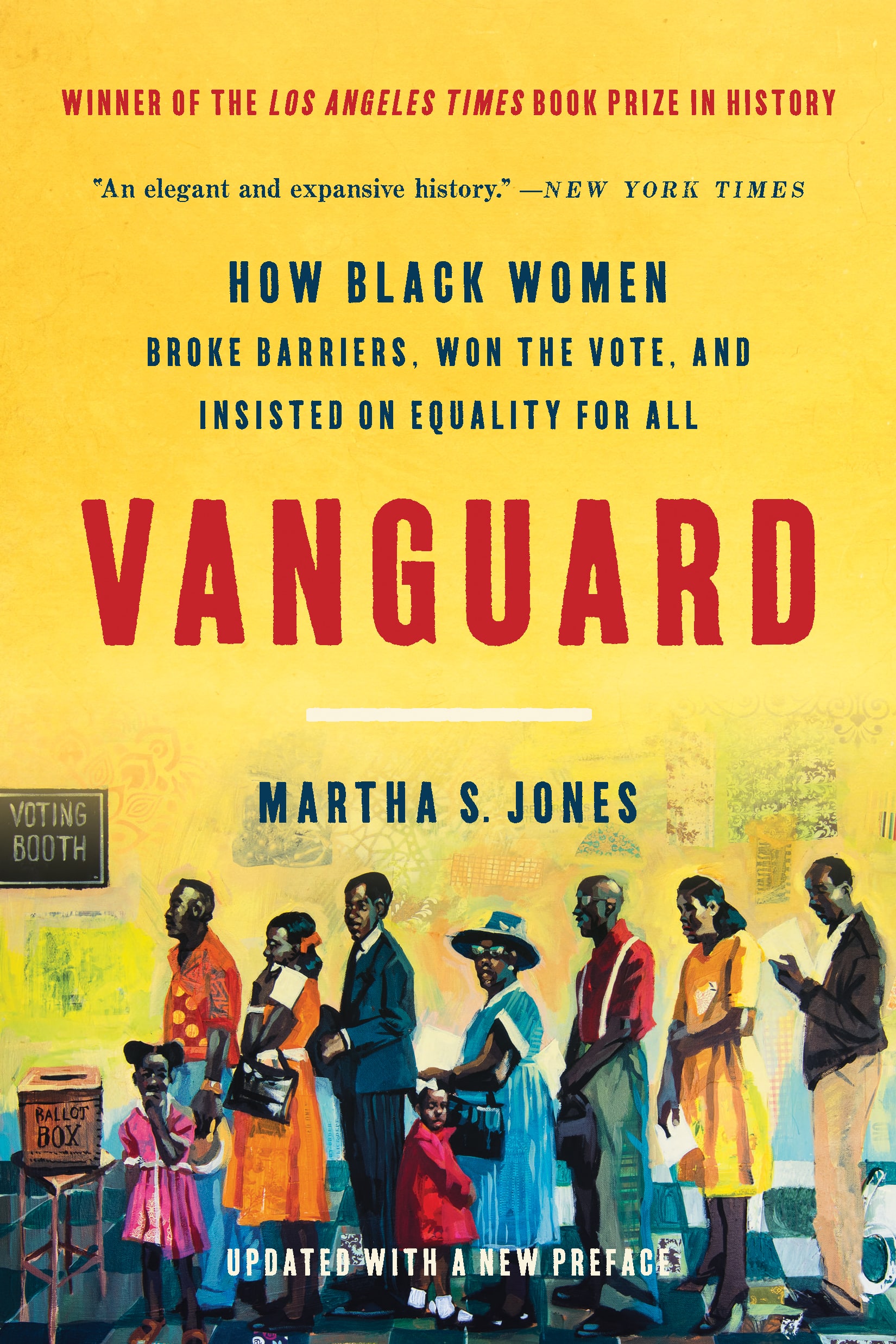


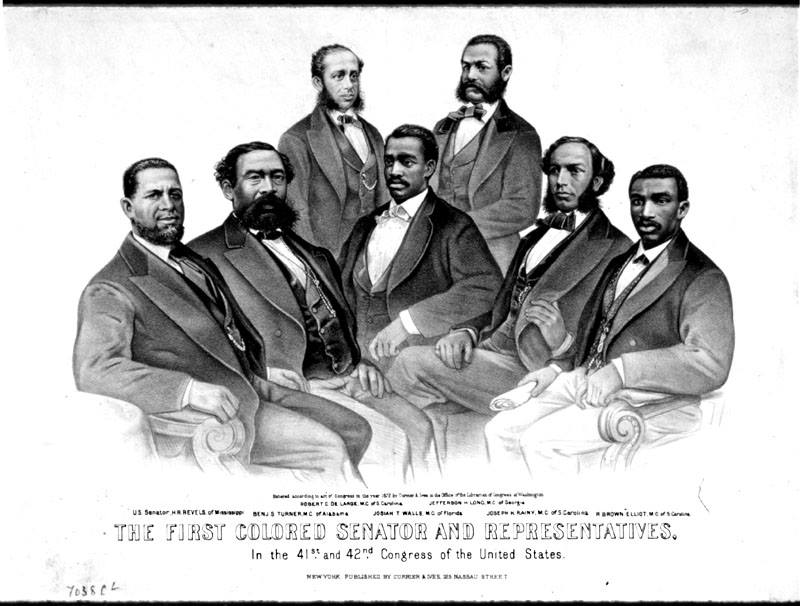
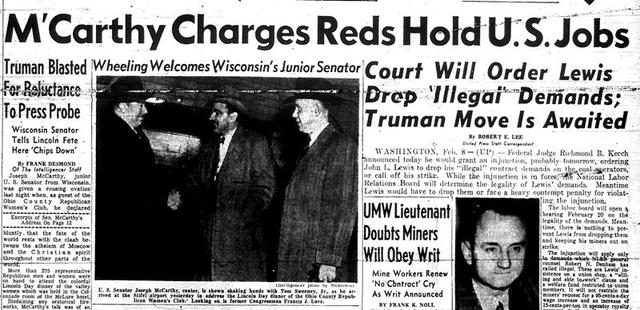
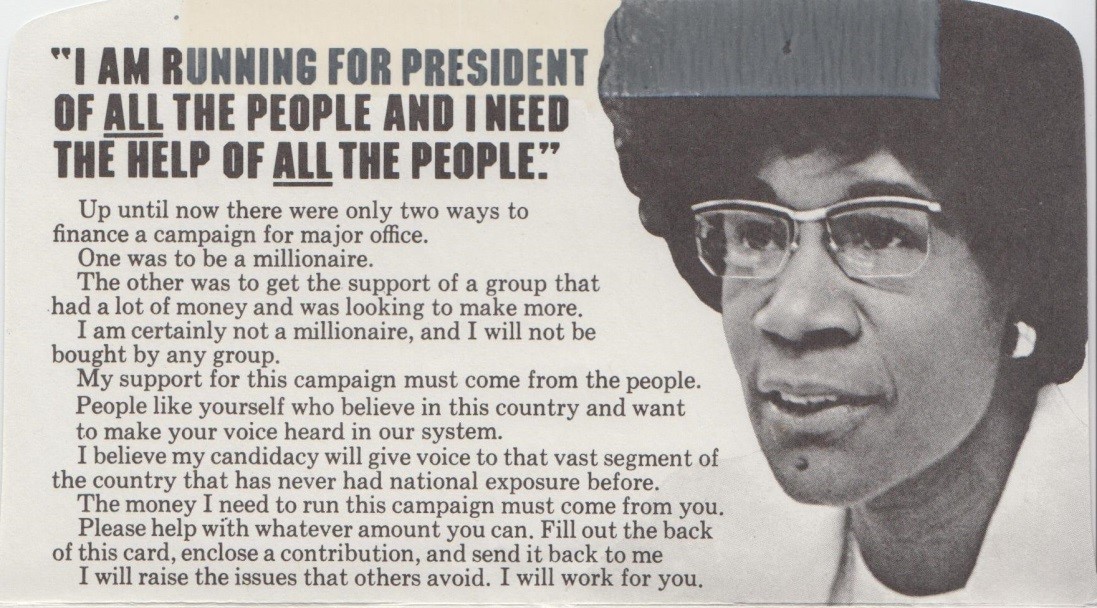
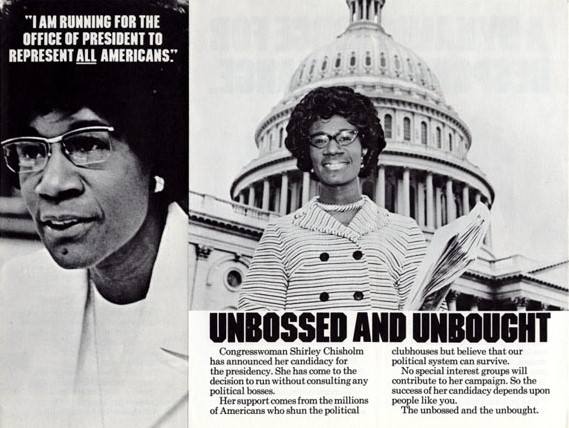





Twitter
Google plus
LinkedIn